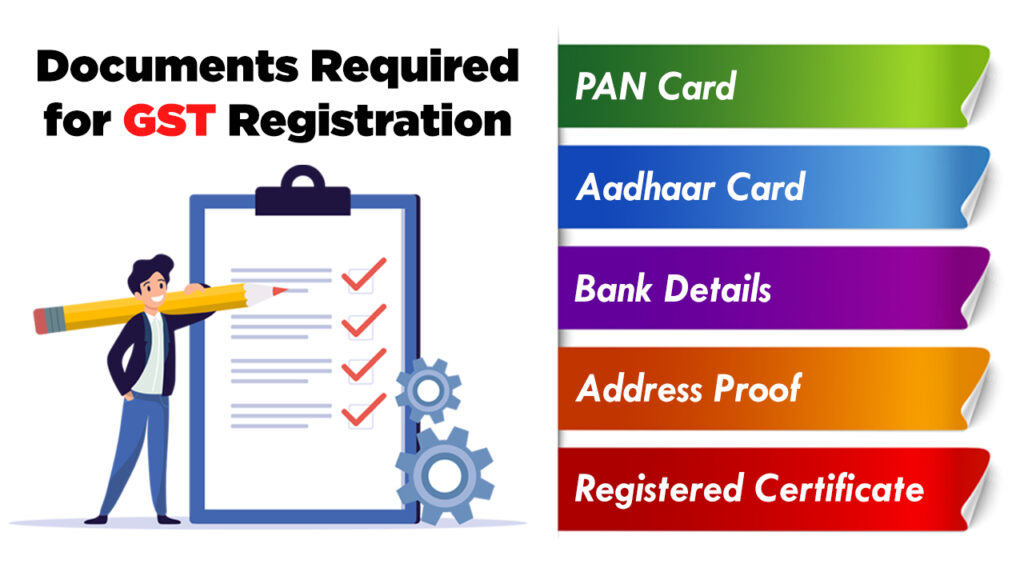Why Services Favor the most effective GST Registration Services in Singapore
Why Services Favor the most effective GST Registration Services in Singapore
Blog Article
Throughout: The Ultimate Roadmap to GST Registration for Organizations Looking For Financial Security
Navigating the complexities of Product and Solutions Tax (GST) registration is an important action for businesses making every effort for financial stability. Damaging down the roadmap right into workable actions can improve the enrollment journey for organizations looking to boost their monetary standing.
Understanding GST Fundamentals
Delving into the fundamental concepts of Item and Provider Tax (GST) is vital for gaining a thorough understanding of its ramifications on services and the economy. GST is a value-added tax imposed on many goods and services for domestic consumption. It has actually changed numerous indirect tax obligations that existed in the pre-GST era, enhancing the tax structure and boosting ease of doing service in India. Under the GST system, both goods and services are strained at a details rate, which is identified based upon their category. If their yearly turn over exceeds the threshold restriction established by the federal government, services are called for to register for GST. Input Tax Obligation Credit (ITC) is a substantial function of GST, permitting services to claim debt for tax obligations paid on inputs, decreasing the total tax burden. Comprehending the essentials of GST is critical for organizations to follow tax obligation policies, manage their financial resources effectively, and add to the nation's economic growth by taking part in a clear tax obligation system.
Qualification Requirements for Registration
As of the present regulations, the threshold limitation for GST registration is a yearly aggregate turn over of 40 lakhs for services running within a state, except for unique classification states where the limitation is 20 lakhs. Furthermore, specific businesses are required to register for GST irrespective of their turnover, such as interstate suppliers, laid-back taxed persons, and companies responsible to pay tax obligation under the reverse cost device. It is important for companies to extensively assess their turnover and transaction kinds to determine their GST registration responsibilities accurately.
Papers Required for Enrollment
Having actually fulfilled the eligibility standards for GST registration, businesses must now guarantee they have the requisite papers in location to proceed with the registration procedure efficiently. The papers required for GST registration usually consist of evidence of company constitution, such as partnership deed, registration certificate, or unification certificate for different kinds of businesses. Furthermore, services need to provide documents developing the major area of company, such as a rental agreement or electrical power costs.
Step-by-Step Enrollment Process
Commencing the GST enrollment procedure entails a collection of organized actions to make sure a he has a good point certified and seamless registration for businesses. The primary step is to check out the GST website and complete the registration type with accurate details of business entity. Following this, the applicant gets a Temporary Referral Number (TRN) which is used to resume the application process if it's not completed in one go.
Next, all required records according to the list provided by the GST portal need to be uploaded. These records typically include evidence of company enrollment, address and identity proofs of promoters, financial statements, and business entity's frying pan card.

Post-Registration Conformity Guidelines

Final Thought
To conclude, businesses seeking monetary security must recognize the fundamentals of GST, meet qualification standards, collect required documents, comply with the step-by-step enrollment procedure, and follow post-registration standards - Best GST registration services in Singapore. By sticking to these actions, services can make certain conformity with tax laws and preserve economic security in the lengthy run
Additionally, specific companies are called for to sign up for GST irrespective of their turn over, such as interstate distributors, laid-back taxed individuals, and organizations responsible to pay tax obligation under the reverse fee mechanism.Having actually met the qualification standards for GST enrollment, businesses need to currently ensure they have the requisite files in place to proceed with the registration procedure successfully. The files needed for GST registration commonly consist of evidence of company constitution, such as collaboration act, registration certificate, or consolidation certification for different kinds of companies. In addition, organizations need to give files developing the major place of business, such as a rental contract or electricity costs.Beginning the GST enrollment procedure entails a series of structured steps to guarantee a smooth and Full Report compliant enrollment for businesses.
Report this page